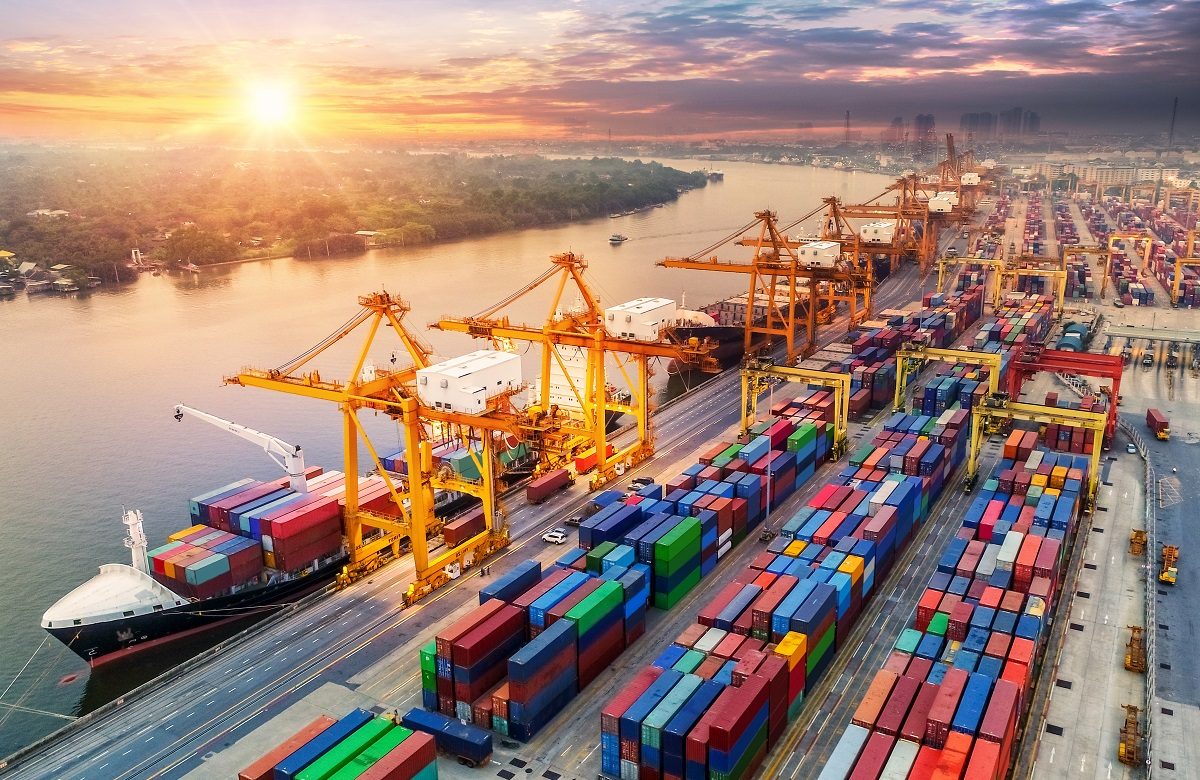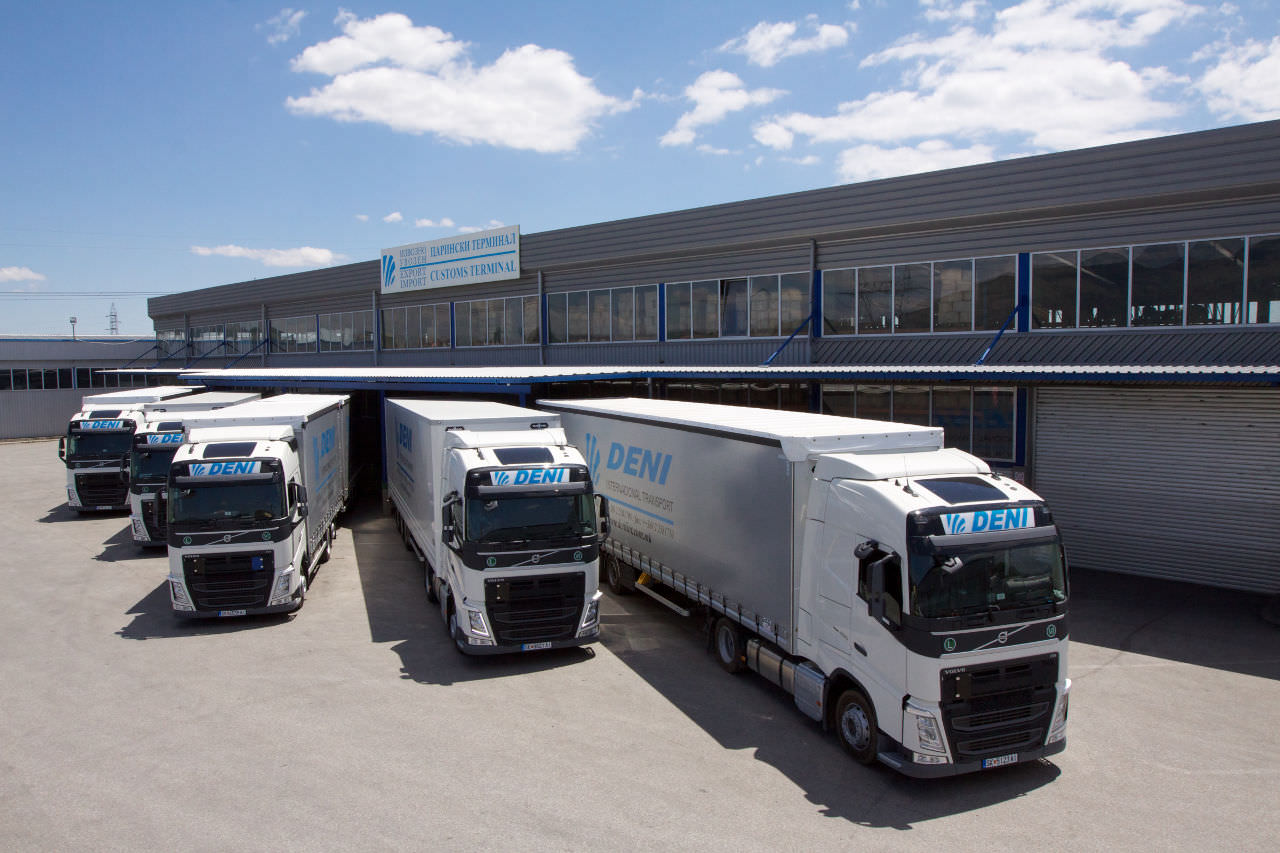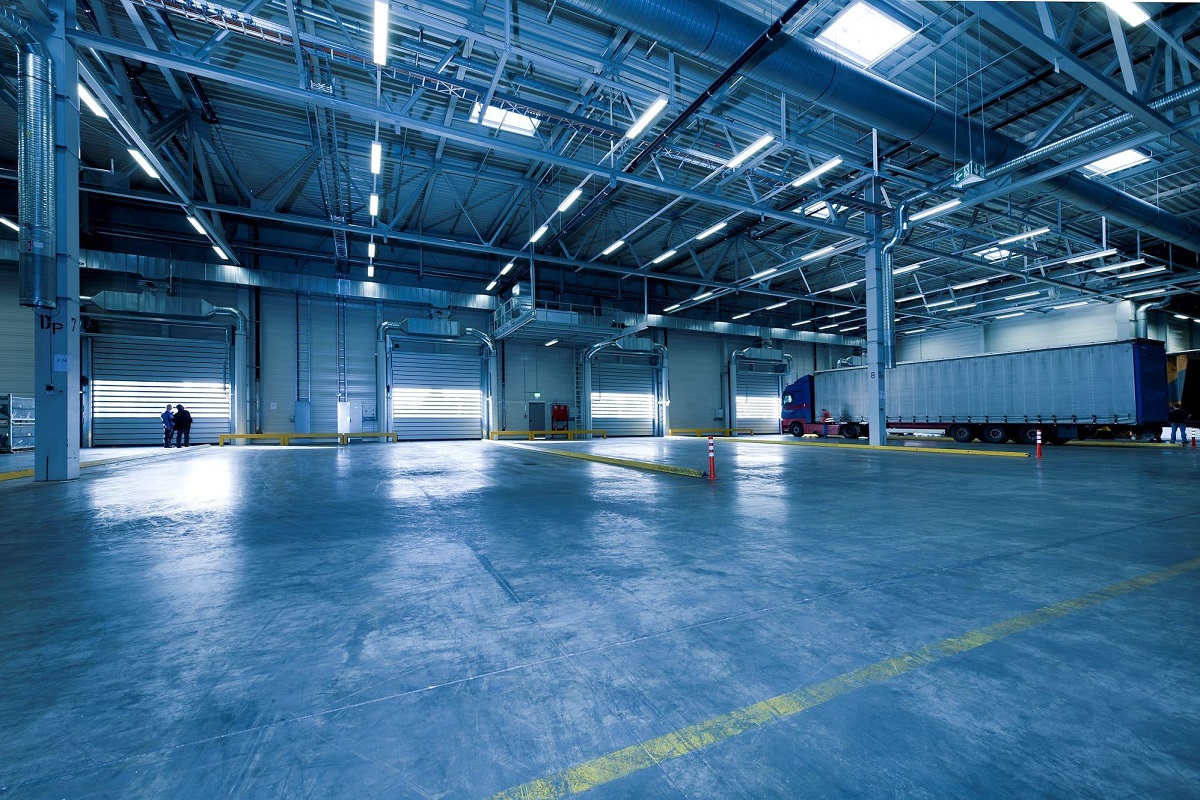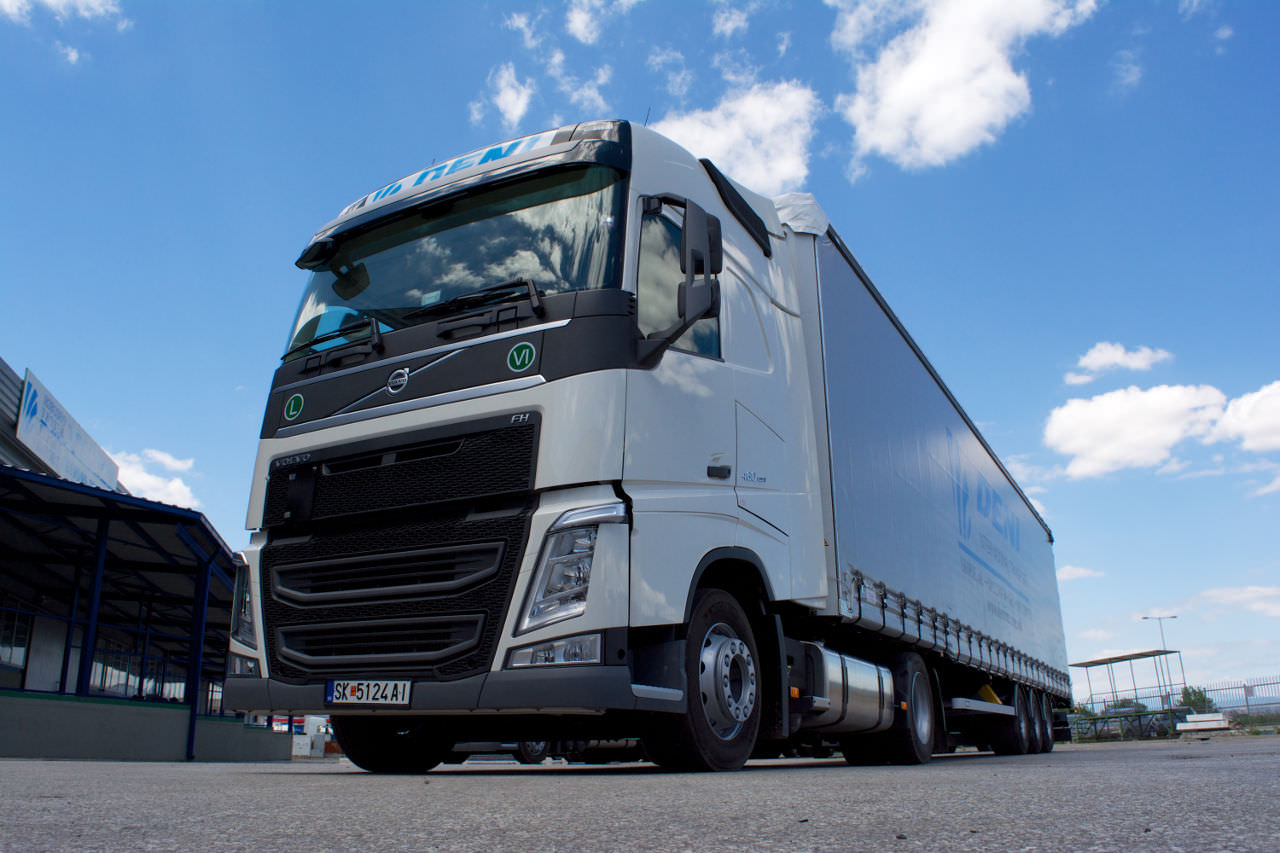The trucking industry is wide and that is for a reason. The entire world depends on transportation, since everything is transported by trucks. The furniture you own, the TV you watch your favorite series on, even the piece of clothing bought from a local store. Apart from the short haul, the long haul international shipping is a step by step management system and transportation is only a part of the process.
Now, here is how the transportation process works:
1. Seller
When you order something, the transportation process first starts with receiving your order. Then they start with the process of goods preparation.
The second thing a seller does is producing the goods if out of stock. Once the goods are ready and prepared to travel through the process of transportation, the factory checks their quality and condition for shipping.
Once the company decides that the goods are in excellent quality, the transportation process includes two types of documents:
- Packing List – a document specifying the label of the package which is issues after the goods are packaged.
- Commercial Invoice – This document is used to create a payment request by seller to buyer and it gives information on shipment preparation.
The goods are not shipped until the documents are filled. As in every profession including paperwork due to state law, these are the documents that the freight forwarder needs to receive from you according to the EU port supply services.
2. Trucking
The end of the manufacturing is the beginning of hauling. In other words, after paperwork and packaging is done, the next step is to move it from the factory and prepare it for the road to the warehouse.
The warehouse is the place for goods storage. This is the part where the company provides the relocation of the goods as part of the transportation process. However, in order for the process to be done, there are a few other things that need to be finished.
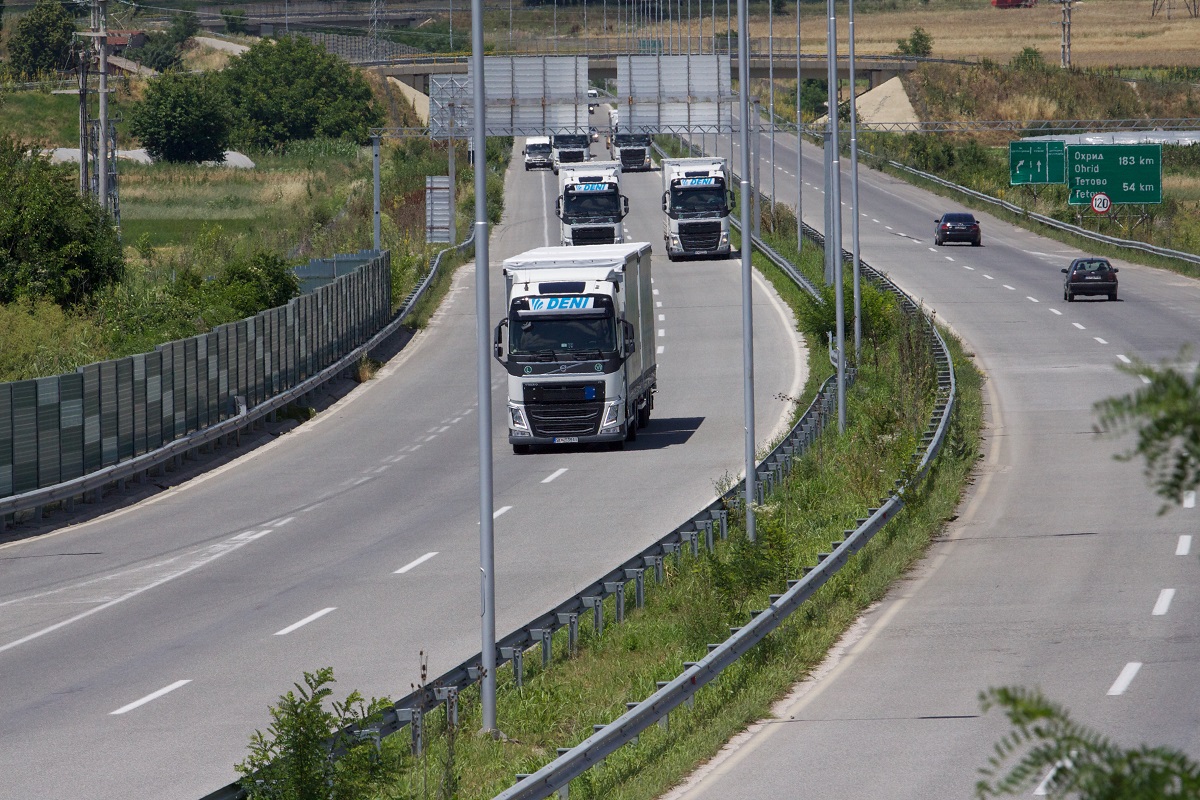
The documents part is in order to provide a proof of security that the goods are being transported from one place to another before they get to the customer.
In this process, a Trucking Bill of Lading (BOL) is provided which is the document representing the contract or arrangement between the shipper and the carrier. It states the aspects of the shipping: what is being hauled and to whom.
3. Warehouse
With the expansion of the trucking industry, everything can be stored in a warehouse. It is a safe place for the goods before they are sent to further haulage to the next location. Depending on the type of the goods, the warehouses are conditioned in order to keep them in excellent condition.
The documents in the warehouse are important to be filled in order to give them to the freight forwarder and keep the transportation process going. The legal documents issued in the warehouse are the following:
- Power of attorney – a legal document authorizing the freight forwarder to deal with customs on your behalf.
- Bond Application – a document which clears importers entries, regardless of duty free goods.
- Social Security Card – it is a filing required for the Importer Security Filing (ISF) including information and details on the shipment while passing from one point to another.
4. Origin Port
Another role of the international transportation is the origin port, which is the next location of the transportation process. It is the place where the goods are transported before they take part in the journey to the destination port. It is usually done within two days departure time including distribution work.
With the transportation process including a few days stay at every location due to paperwork, so it does at the Origin Port. As the goods are checked for quality after they are manufactured, here the employees check on the containers regulations obedience as required by law.
5. Ship – Time That Goods Are Spending On The Ship
The time that the goods spend on the ship is between 15 to 30 days. During this time, a master bill of lading is issued to the freight forwarder by the carrier and is usually provided by the person operating the transportation machine. A notice on the arrival date is provided by the carrier to the freight forwarder 2 to 5 days prior to the date.
6. Destination Port – Transportation Process
Once the shipment arrives at the destination port, a payment to the factory is made. Its time of stay is prior to the time the buyer decides to pay for the goods. After the payment, the seller issues an electronic payment to the forwarder as a proof, called Telex Release.
Final Thoughts
Transportation process has expanded since the internet is starting to offer us supplies online. As the society is making it easier for the humanity to order goods, transportation process goes rather complex.
That means that everything you ordered online is transported by truck drivers making their best to deliver it to you on time. Now, if you have ever questioned yourself why your order takes 30 days minimum to arrive, now you have the mystery solved.



